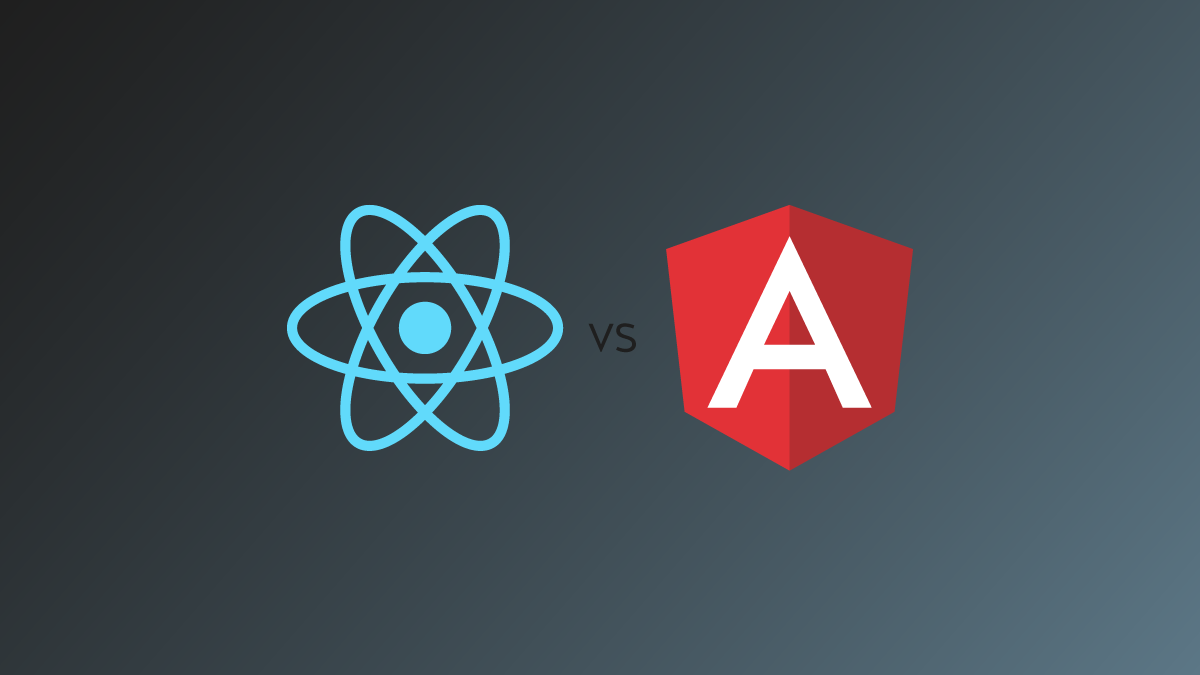React vs Angular: Which Framework is Better for Frontend-Development ?
React Js:
React Js is the javascript library for frontend technology.Which is used to create some userInterface for Looking interactive UI. React is maintained by Facebook and a large community ofdevelopers, which means that it is regularly updated and well-supported.In this reactjs we have some unique tools like:JSX, lifecycle Method, routing, redux, One-waydata binding, Hooks, virtual Dom, extensions etc.With the help of these tools we can easily create some UI’s.
1. JSX: React uses JSX, which is a syntax extension that allows developers to write HTML-likecode in JavaScript. This allows for easier creation of user interfaces and improves readability ofthe code.
2. One-way Data Flow: React follows a one-way data flow architecture, which means that dataflows in one direction, from the parent component to the child component. This makes it easier to manage and predict the state of the application.
3. Server-side Rendering: React can be used for server-side rendering, which improves theperformance and accessibility of web applications, especially for users with slower internet connections.
4. Virtual Dom: React uses a Virtual DOM. Instead of updating the actual DOM directly, Reactfirst updates the Virtual DOM. The Virtual DOM is a copy of the actual DOM and is lightweight,so it can be updated much faster.
Angular JS:
AngularJS is a JavaScript-based open-source front-end web application framework developed by Google. It was initially released in 2010 and is still widely used for developing web applications. There are Some features Like : Two-way Data Binding, Typescript, Routing, MVC Architecture etc.
1. Two-way data binding: AngularJS provides a powerful data binding mechanism that automatically synchronizes the data between the model and the view, which reduces the amount of code needed to write.
2. MVC Architecture: AngularJS follows the Model-View-Controller (MVC) architecture, which separates the application logic, data, and presentation layers, making the code more manageable and modular.
3. Performance: Angular has a built-in change detection mechanism that helps in reducing unnecessary DOM manipulations and improves the performance of the application. Additionally, Angular supports server-side rendering, which can also improve the performance of the application.
4. Integration: Angular provides out-of-the-box integration with other libraries and frameworks such as Redux, NgRx, and Firebase.
5. Community: Angular has a large and active community of developers who contribute to the development of the framework, create third-party libraries, and provide support to other developers
React and Angular are both popular frontend JavaScript frameworks, and they both have their strengths and weaknesses. It’s difficult to say that one is inherently more useful than the other, as it really depends on the specific needs of your project and your personal preferences as a developer.
1. React is generally considered to have a lower learning curve than Angular. React’s simpler architecture and syntax make it easier to pick up and learn, while Angular’s more complex structure may require more time and effort to fully understand.
2. React is a library, while Angular is a full-fledged framework. This means that React is more lightweight and flexible, while Angular provides more out-of-the-box features and a more structured architecture.
3. React uses JSX, a syntax extension that allows developers to write HTML-like code directly in their JavaScript files. Angular uses a more traditional templating system that separates HTML and JavaScript.
4. React uses a one-way data flow, where data flows from parent components down to child components. Angular uses a two-way data binding system, where changes to the UI can also update the underlying data model.
5. React has a large and active community, with many third-party libraries and tools available to extend its functionality. Angular also has a strong community, but may have a smaller pool of resources and support compared to React.







